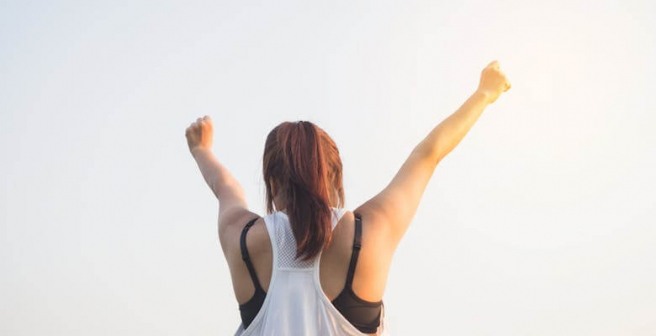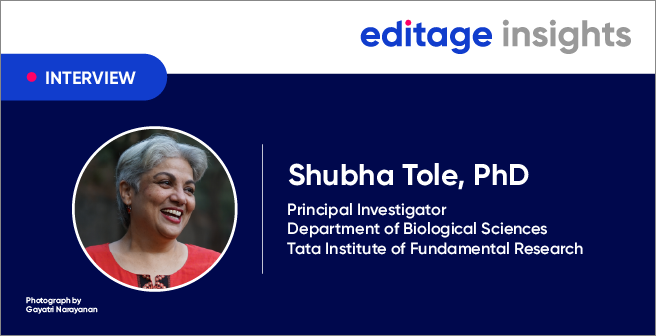Doing research on a low energy budget: PhD life with chronic fatigue

Doing a PhD is challenging enough. Add to it the complication of chronic fatigue and it might seem impossible. However, the creativity, persistence, and problem-solving skills that we develop as researchers can help us to persevere and adapt so that we can thrive.
My Story
I started my PhD in good health. Several years in, I got ill. A cold morphed into labyrinthitis, which left me with long-term nerve damage in one ear, affecting my hearing and making me very off-balance. I was off work for a month or so, of which I remember very little and spent much of it asleep.
The only way back to my PhD was slowly. I got a doctor’s note that enabled me to get pro-rata leave-of-absence, so that I was effectively part-time. I started to read papers at home, slowly building it up. One day, I took the plunge and went back to the office; however, the world wobbled as I walked and the journey in was enough to wipe me out. At work, I would desperately try to focus. My mind would fog over and, all too often, I would end up with my head on the desk, trying to summon up the willpower to go home. If I overdid it badly, it’d take me several days before I could make it back in.
Gradually, with the help of some balance exercises, the world became steady again. The fatigue, however, was still a big problem. A year and a half later, I was diagnosed with Chronic Fatigue Syndome/Myalgic Encephalomyelitis (CFS/ME). My brain-fog problems and my pattern of overdoing things and crashing turned out to be classic symptoms. It is an invisible illness: either because you’re in bed or because you look well, even though you’re really not (I’ve lost count of the number of times people have commented on how well I look, when I’m actually feeling dreadful). Because of this, people either have a tendency to wrap me in cotton wool or to bulldoze over me, both of which are dangerous. Instead, I need to work out what I can cope with, and then be assertive about that both to myself and to others.
My Extra Research Project
I discovered very quickly that it was futile overworking myself. When I overdid it, I’d look back and hypothesise what had caused it. By experimenting, I came up with my own list of guidelines to follow, adapting it as I learned by watching myself. It became my extra research project.
Mornings were out. I got on much better when I got up slowly. To start with, I felt bad for coming in ‘late’ every day, but feeling guilty about it wasn’t going to help anything; plus I was part-time! My supervisor was incredibly supportive and willing to accommodate my needs, which I am so grateful for!
“You must ruthlessly eliminate hurry from your life.” – in his book “Soul Keeping,” John Ortberg recounts this advice he was given by his mentor, the Christian philosopher Dallas Willard. It is a phrase that keeps coming back to me, as I travel on this journey. Hurrying is a great, great energy-waster. By scheduling things carefully with natural gaps in-between activities, I can focus on one thing at a time instead of rushing from one thing to the next. Getting important things done before they become urgent and not taking on too much in the first place can also save a lot of stress.
I had to do away with the idea of getting work done before having a well-earned break. Planning and taking breaks BEFORE I need them – called pacing – helps to break up my day into manageable chunks and actually gets things done quicker. Tea breaks are great, or I sometimes go for walks around the building (I’m aware this isn’t possible for everyone with CFS/ME – I’m lucky to be so physically mobile). To remind me, I’ve found it helpful to wear a fitness tracker, which alerts me when I’ve been stationary for too long.
On a low energy day, I aim to do tasks that require less thinking power and I save more intensive things for a high energy day, including decision-making. My mind is especially foggy when I start looking at something new, so I save that for a high energy day and just spend small chunks of time on it.
Further Advice
Take time to do things you enjoy. Look after yourself as a person and be kind to yourself. Just because you have less energy doesn’t mean you should channel more of it on your work. Do hobbies, and take holidays. Accept that it takes time to bounce back afterwards, and take it slow (I’ve found it’s easier to bounce back if I keep active and keep myself mentally-stimulated when I’m on holiday – just find something other than work to think about!).
A PhD is a marathon, not a sprint, so thinking long-term is really important. It’s rarely worth doing things today at the expense of tomorrow (but it’s not always easy to remember that in the moment!). It takes constant vigilance to keep your life in balance: balancing work and rest, as well as mental, physical and social energy.
Your Turn
As my PhD draws to a close, it’s time to pass the baton over to you:
-
What are your best working hours?
- What steps can you take to ruthlessly eliminate hurry?
- How can you take breaks and achieve a sustainable balance in life?
Collect your own data, analyse it and discover for yourself how to thrive with the energy that you do have.
This is a guest post by Alison Thompson, a PhD Researcher in Chemical and Biological Engineering, and a member of the Disabled & Ill Researchers’ Network, The University of Sheffield. This story was published on October 30, 2018, on the Think Ahead Blog (available here) and has been republished here with their permission.




